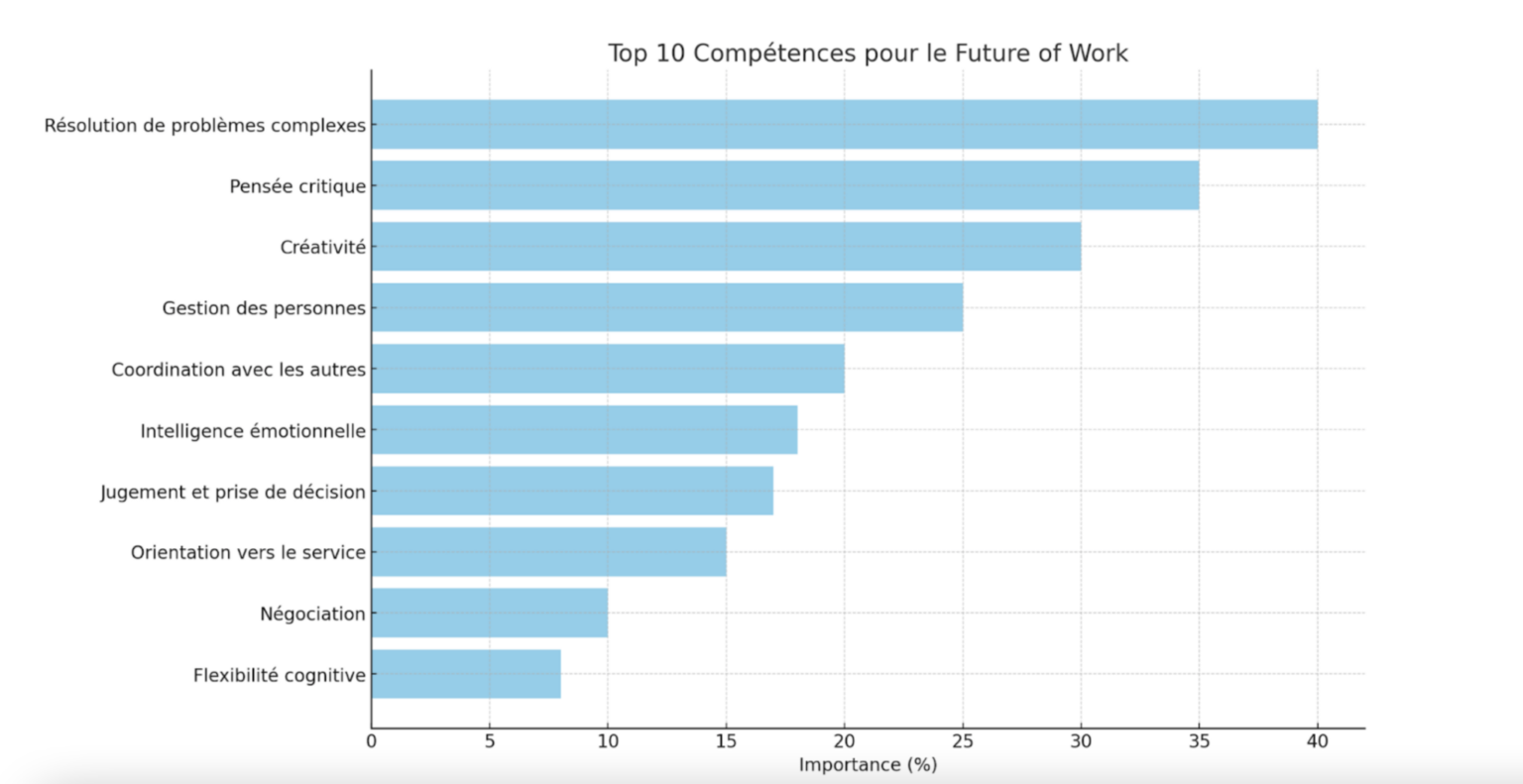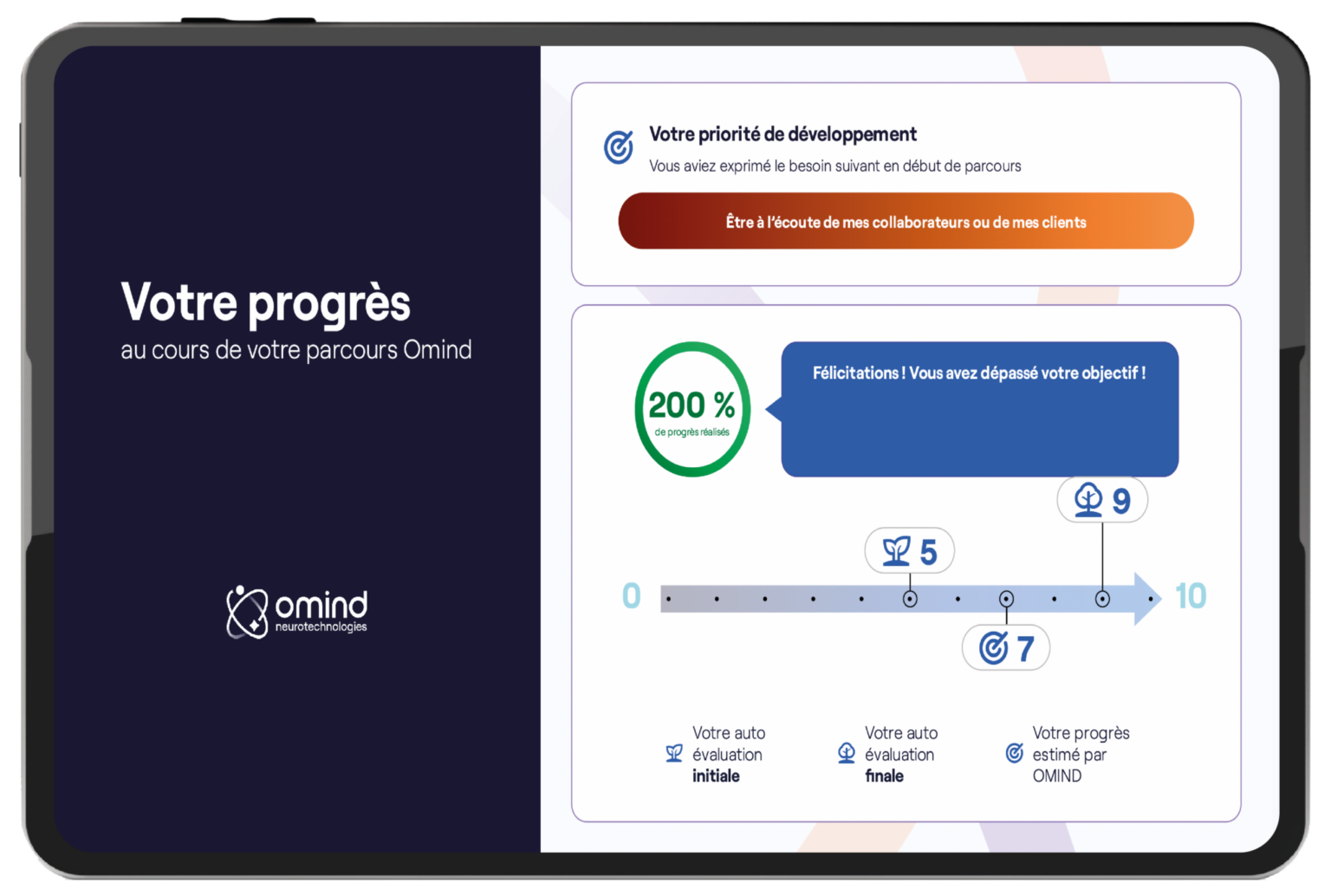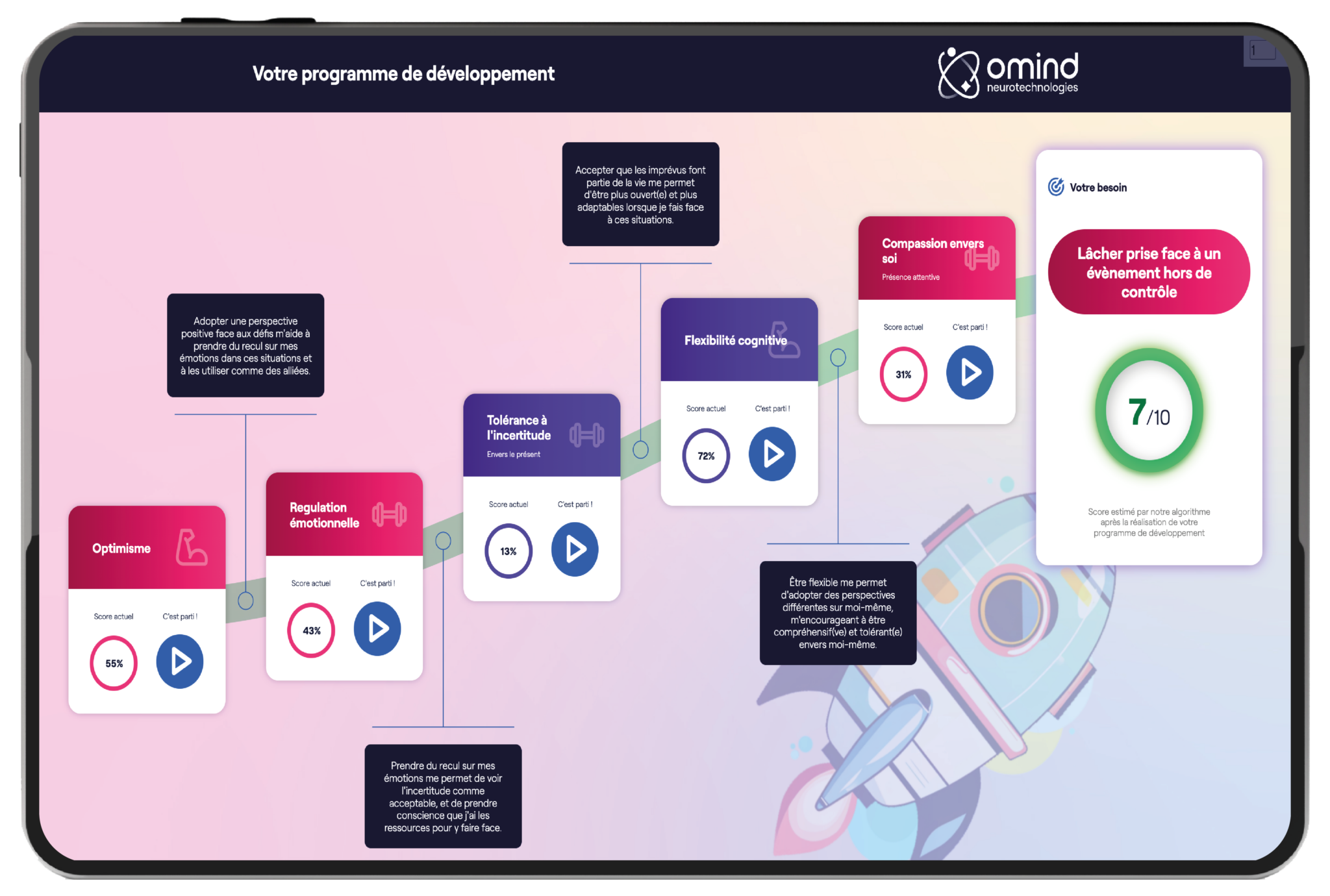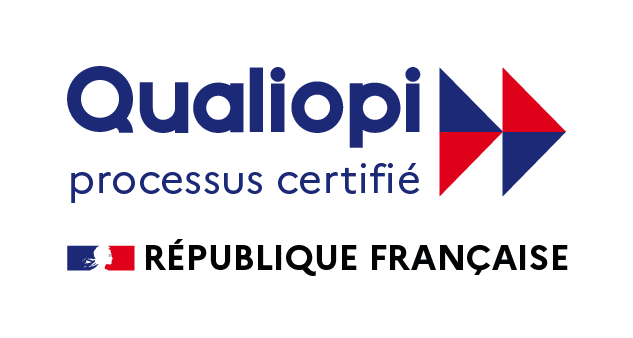itself, but acting with yesterday’s logic.”
– Peter Drucker.
It’s a fact increasingly recognized in companies: managerial practices must adapt if they are to remain effective and relevant. New approaches, inspired by advances in
This article examines the new key competencies required by today’s managers and the effective methods for developing them.
New key managerial skills
Future of Work competencies
New managerial practices cannot be fully effective without a set of key competencies that managers must develop to succeed in the Future of Work. According to the World Economic Forum, the ten essential skills for the Future of Work are² :

Here’s a closer look at some of the key aspects of these skills:
1) Emotional and relational intelligence
Emotional intelligence has become an essential skill for 74% of the 750 executives surveyed by Capgemini Institute Research³.
The ability to understand and manage one’s own emotions, as well as those of others, is crucial to creating a positive and productive work environment.
According to Daniel Goleman, author and psychologist, emotional intelligence comprises five main elements self-awarenessthe self-controlthe motivation, empathy and social skillsdimensions measured in the Omind model.

2) Adaptability, agility and resilience
In a context of rapid change, adaptability and agility are essential. Managers need to be able to pivot quickly and adapt to new situations. However, only
To overcome these challenges, Stanford psychologist Carol Dweck talks about the concept of “growth mindset.growth mindset” (growth mindset), which encourages continuous learning and resilience in the face of challenges⁵.
3) Curiosity and mastery of new technologies and artificial intelligence
Artificial intelligence (AI) significantly improves decision-making and operational efficiency. A study conducted by IBM⁶ in 2023 reveals that

- Better target training needs and optimize budgets;
- Customized skills development;
- Automate repetitive processes ;
- Optimizing HR strategies with predictive analytics ;
- Monitor and measure the impact of actions.
4) Managerial leadership and performance
Adopting new managerial practices is not only a question of modernity, but also an essential strategy for improving performance and return on investment (ROI). Studies show that companies that invest in the development of managerial skills see significant improvements in various performance indicators. For example, according to a survey conducted by Deloitte, companies with well-established leadership programs show a return on investment 2.4 times higher than those without⁷.
Furthermore, a McKinsey & Company study revealed that companies with advanced managerial practices are 3.5 times more likely to rank in the top quartile of financial performance⁸. Les indicateurs financiers tels que l’EBITDA (Earnings Before Interest, Taxes, Depreciation, and Amortization) montrent une augmentation moyenne de 22% dans les entreprises ayant adopté des modèles de management innovants⁹ .
Consequently, the link between new managerial practices and financial performance is clear: investing in the development of managerial skills is not only beneficial for employee well-being, but also crucial for company growth and profitability.
5) Cognitive flexibility
To develop these skills effectively, companies can adopt a number of strategic approaches. Continuing education programs, combined with hands-on practical workshops and simulationsallow managers to immerse themselves in real-life situations and hone their skills.
Mentoring and personalized coaching also play a crucial role in providing individualized support and helping managers to overcome their specific challenges. The use of advanced technologies, such as e-learning platforms and predictive analytics tools, enables training paths to be personalized and progress to be monitored in real time.

Finally, the creating a culture of learning and innovation within the company encourages managers to adopt a growth mindset, essential for adapting to the demands of the future.
By integrating these key competencies into their management practices, companies can not only improve the effectiveness and commitment of their teams, but also prepare to meet future challenges with agility and resilience.
Developing key skills: strategies and methods
1) Neuroscience to better understand needs
Neuroscience offers valuable insights for improving management practices. For example, understanding how the brain functions in stressful situations helps us to manage it more effectively and maintain a serene working climate. Techniques such as mindfulness (mindfulness) and meditation have proved effective in boosting resilience and concentration10. Des employés de la société Intel say they have gained an average of 2 points out of 10 in creativity and innovation following a mindfulness program11.
2) AI for personalized learning

Artificial intelligence (AI) is revolutionizing talent management, by making it possible to generate personalized development paths for every employee. By analyzing precise, in-depth data, AI identifies specific skills and gaps, offering tailor-made training plans.
This not only helpsoptimize individual performancebut also to meet strategic needs of the company. For example, using AI for personalized learning programs can improve employee productivity by up to 66%¹².
By continuously adapting development paths, AI promotes proactive and effective talent management. In this way, it contributes to employee loyalty and fulfillment.
3) The Omind approach: data intelligence for managerial performance
The Omind model proposes a holistic approach to developing managerial skills, based on three pillars: emotional, cognitive and social self-awareness. By integrating neurotechnologies and artificial intelligenceOmind uses advanced tools to measure, improve and monitor managers’ cognitive and emotional abilities.
Thanks to questionnaires and immersive games validated by scientific literature, Omind collects objective data to target the specific needs of each individual. Its AI algorithm then offers a 100% personalized and adaptive training path, helping managers to improve their interpersonal skills and boost their ability to innovate.

Omind stands out for its quantified impact measurement, enabling progress to be monitored and training effectiveness to be optimized.
Some impact figures for Omind tools :
- 43% improvement on operational behaviors (measure reported by Omind learners following a 60-day Ascent program, 2024)⁴
- 38% improvement in core competencies (measured objectively by Omind scientific tests following a 60-day Ascent program, 2024)⁴
New managerial practices call for diversified skills and a constant willingness to develop. By drawing on models such as Omind and neuroscience, managers can not only improve their own performance, but also that of their teams. Ultimately, the success of modern organizations depends on managers’ ability to integrate these skills and create adaptive and inspiring work environments..
By adopting these approaches, leaders are able to effectively navigate the complex and dynamic landscape of contemporary business, ensuring the growth and sustainability of their organizations.
Curious to find out how to integrate these
new managerial practices into your company?
Contact us to find out more!
Authors: Emmanuelle Rouaud (Professional PCC Coach, International Trainer & Skills Assessment Consultant – Certified in Omind tools) and Clarisse Pamiès (General Manager – Omind)
¹ HBR, 2022, “AI and the Future of Work”.
² World Economic Forum. (2020). “The Future of Jobs Report.”
³ Capgemini Institute Research, 2019.
⁴ Omind database of over 7,000 leaders, managers and employees. Difference between answers by questionnaire and measured in situation > 20 points.
⁵ Dweck, C., Mindset: The New Psychology of Success; Ballantine Books, 2016.
⁶ Maubant, Thierry. “IBM study: how generative AI is transforming the role of French executives.” ActuIA, October 2023.
⁷ Deloitte (2019). “Global Human Capital Trends.”
⁸ McKinsey & Company (2020). “The impact of management practices on corporate performance.”
⁹ Harvard Business Review. (2017). “How New Management Practices Boost Financial Performance.”
10 Goleman, Daniel, and Richard Davidson. “Altered Traits: Science Reveals How Meditation Changes. Your Mind, Brain, and Body.” Avery Publishing, September 5, 2017.
11 Awake@Intel course, 1,500 employees taking part in the program including 19 sessions – started in 2012.
¹² Malec, Melissa. “Generative AI Statistics: The 2024 Landscape – Emerging Trends, and Developer Insights.” HatchWorks, January 19, 2024,

